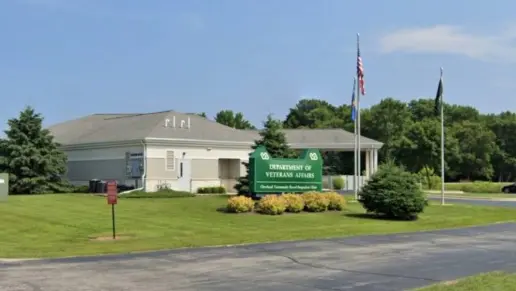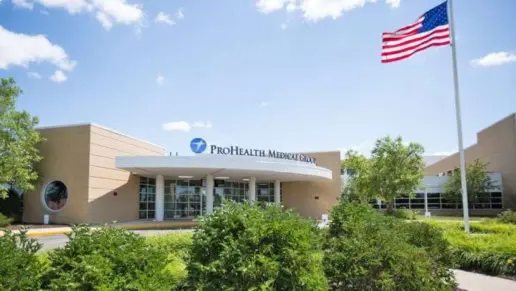Terrible place to go for treatment. Please find a reputable BBB certified residential treatment facility who care about their clients. I almost died because they don't have nursing staff at this place. My mother took me to the hospital after discharge because my ammonia leve ...
About PATHWAYS to a Better Life
Pathways to a Better Life is an alcohol and drug rehab center for adults in Kiel, Wisconsin. They provide medical detox services, residential treatment, day treatment, and a sober living program for adults struggling with addiction. They accept private insurance and funding options are available.
If you need to detox before entering one of their treatment programs, you can do so on site. You’ll be taken care of by a registered nurse and board certified physician who will monitor your progress at all times. You can also meet with a substance abuse counselor to talk about how much assistance you’ll need during the detox process.
After you remove the harmful substances from your body, you can start your residential treatment. This is a co ed facility that can hold up to 16 people. It’s located in a peaceful, natural setting on 38 wooded acres. The team members will work to make sure that you feel comfortable and at home, offering programs that support your physical, mental, and spiritual needs. You’ll create a custom treatment plan with your counselor and review that plan every week to make sure it’s still the best one for you.
Some clients will participate in the high-intensity 28 day track, while others will go through the low intensity, 90 day program. The length of your stay depends on how long it takes you to meet your specific recovery goals. In addition to attending individual and group counseling sessions, they encourage you to invite your loved ones to participate in family counseling, which is held weekly. If you need a lower level of care or are just ready to step down your services, you can enroll in the day treatment program, offered Monday through Friday from 9:00 a.m. to 3:00 p.m. They also offer sober living houses to help you transition back into society in a supportive, substance free environment.
After going to prison and jail more than 10 times and experiencing just as many overdoses, one client says they finally learned to love themselves by enrolling in Pathways. They noted that the counselors were truly caring and didn’t judge, which gave them the freedom they needed to heal.
Facility Overview
Rehab Score
Gallery
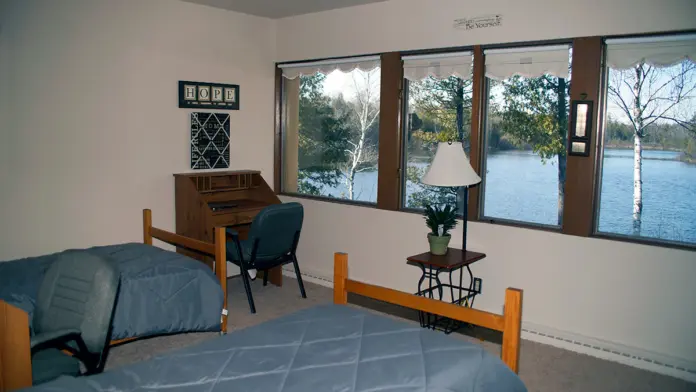

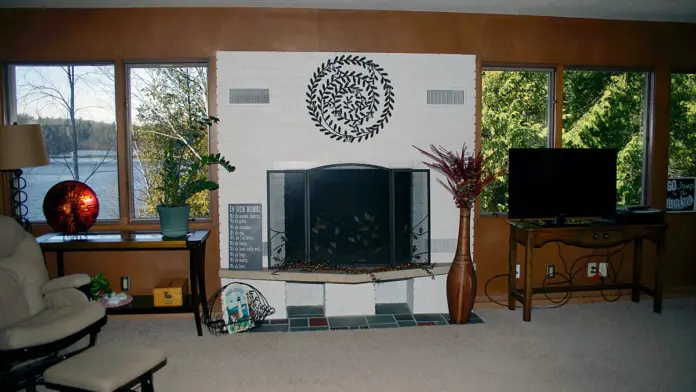
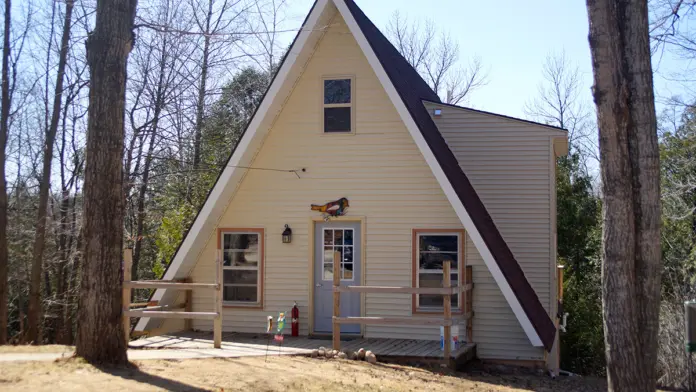
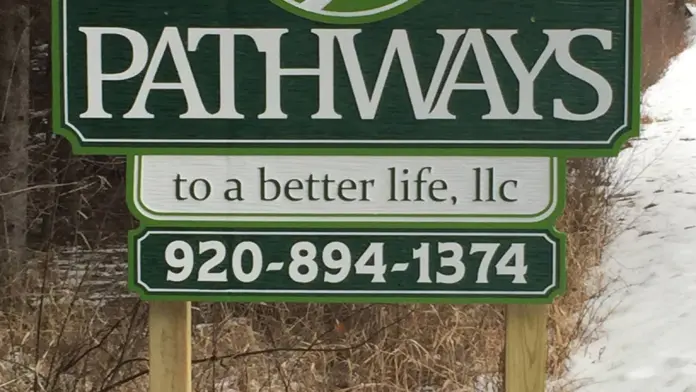
Location
Other Forms of Payment
Private insurance refers to any kind of healthcare coverage that isn't from the state or federal government. This includes individual and family plans offered by an employer or purchased from the Insurance Marketplace. Every plan will have different requirements and out of pocket costs so be sure to get the full details before you start treatment.
Self-pay involves paying for treatment out of your own pocket. You can use savings or credit, get a personal loan, or receive help from family and friends to fund your treatment. If you don't have insurance or your insurance plan doesn't cover a specific program, self-pay can help ensure you still get the care you need.
Financial aid can take many forms. Centers may have grants or scholarships available to clients who meet eligibility requirements. Programs that receive SAMHSA grants may have financial aid available for those who need treatment as well. Grants and scholarships can help you pai for treatment without having to repay.
Medicaid is a state based program that helps lower-income individuals and families pay for healthcare. Medicaid covers addiction treatment so those enrolled can use their coverage to pay for rehab. When a program accepts Medicaid the client often pays very little or nothing out of their own pocket.
Addiction Treatments
Levels of Care
Treatments
The goal of treatment for alcoholism is abstinence. Those with poor social support, poor motivation, or psychiatric disorders tend to relapse within a few years of treatment. For these people, success is measured by longer periods of abstinence, reduced use of alcohol, better health, and improved social functioning. Recovery and Maintenance are usually based on 12 step programs and AA meetings.
The goal of drug rehab in Wisconsin is to address drug addiction as a complex issue that involves physical, mental, and relational aspects. During rehab, treatment focuses on each of these areas and gives you the tools you need to achieve and maintain sobriety.
Many of those suffering from addiction also suffer from mental or emotional illnesses like schizophrenia, bipolar disorder, depression, or anxiety disorders. Rehab and other substance abuse facilities treating those with a dual diagnosis or co-occurring disorder administer psychiatric treatment to address the person's mental health issue in addition to drug and alcohol rehabilitation.
Opioid rehabs specialize in supporting those recovering from opioid addiction. They treat those suffering from addiction to illegal opioids like heroin, as well as prescription drugs like oxycodone. These centers typically combine both physical as well as mental and emotional support to help stop addiction. Physical support often includes medical detox and subsequent medical support (including medication), and mental support includes in-depth therapy to address the underlying causes of addiction.
Substance rehabs focus on helping individuals recover from substance abuse, including alcohol and drug addiction (both illegal and prescription drugs). They often include the opportunity to engage in both individual as well as group therapy.
Programs


Clinical Services
As a form of substance use treatment, cognitive behavioral therapy in Wisconsin offers several advantages. The duration of this talk therapy is typically 20 sessions or less, so it can be more affordable, with quicker results. It's also offered in multiple formats, so it can be tailored to meet individual needs.
The word dialectical describes the foundation of dialectical behavior therapy (DBT). Meaning "opposite," the word refers to the treatment's focus on both acceptance and change. While learning to accept where you are and the emotions you're feeling, you also learn to grow and change to establish healthier patterns in your life.
Group therapy is any therapeutic work that happens in a group (not one-on-one). There are a number of different group therapy modalities, including support groups, experiential therapy, psycho-education, and more. Group therapy involves treatment as well as processing interaction between group members.
In individual therapy, a patient meets one-on-one with a trained psychologist or counselor. Therapy is a pivotal part of effective substance abuse treatment, as it often covers root causes of addiction, including challenges faced by the patient in their social, family, and work/school life.
When conducting motivational interviewing in Wisconsin, therapists engage with their clients as equal partners. They don't provide unsolicited advice or confront clients. Instead, they ask questions and listen, with the goal of empowering clients to recognize any need for change and their ability to make those changes.
Trauma therapy gives you the opportunity to understand and manage the emotional and physical responses that often follow witnessing or experiencing a traumatic event. Working with an experienced and trained therapist, you can process the events of the trauma and develop healthier coping strategies to reduce your symptoms.
During couples therapy, you will engage in activities that promote forgiveness, healthy communication, and understanding. You'll receive "homework" to practice these skills during the week between sessions. Couples therapy typically lasts around 12 weeks.
Families are an integral part of the healing process. They encourage family members to attend their Family Group Sessions held on every Saturday, which includes their Family Alumni group once a month. Each family group provides an opportunity to increase support, provide experiences, and education in order to maintain the personal connections needed with this complicated disease. Each resident and their family is treated with dignity, respect, and privacy by all staff and fellow residents.
Addiction treatment in Wisconsin emphasizes life skills training to help you relearn critical capabilities for day to day life. This training helps you build healthy, positive strategies for everything from self care, to career, to interpersonal relationships.
Amenities
-
Private Transportation
-
Residential Setting
-
Private Rooms
-
Gardens
-
Walking Trails
Accreditations

State Licenses are permits issued by government agencies that allow rehab organizations to conduct business legally within a certain geographical area. Typically, the kind of program a rehab facility offers, along with its physical location, determines which licenses are required to operate legally.
State License: Wisconsin

The Joint Commission, formerly known as JCAHO, is a nonprofit organization that accredits rehab organizations and programs. Founded in 1951, the Joint Commision's mission is to improve the quality of patient care and demonstrating the quality of patient care.
Joint Commission Accreditation: Yes
Contact Information
13111 Lax Chapel Rd
Kiel, WI 53042

